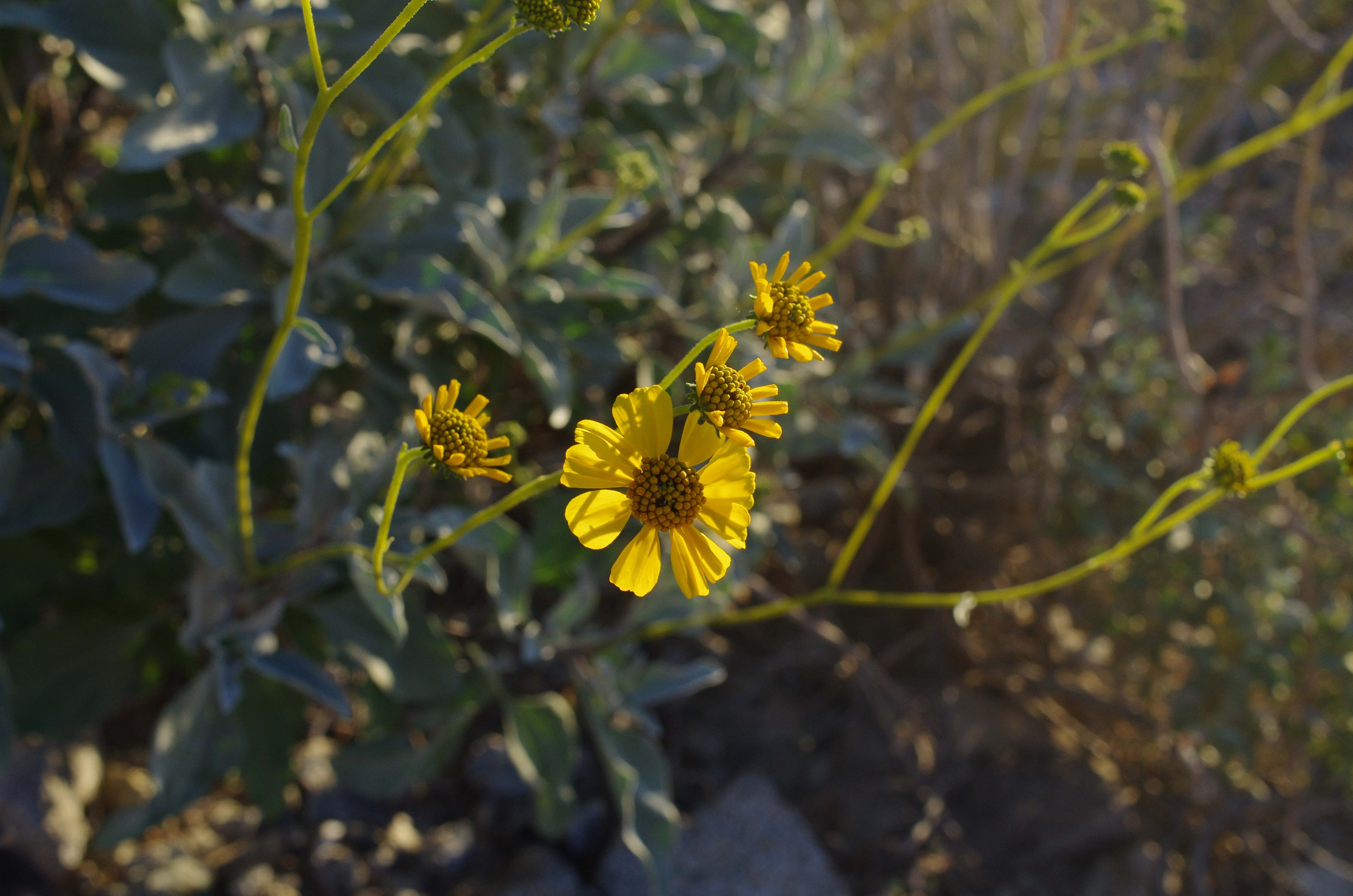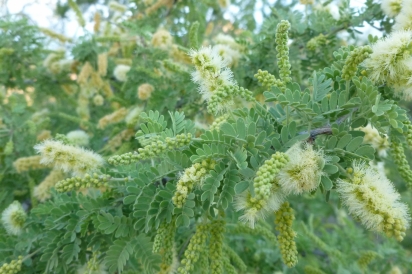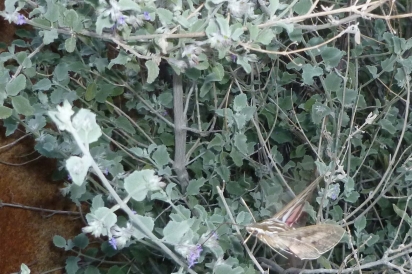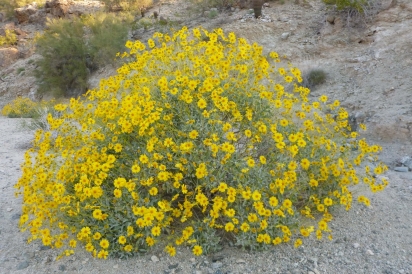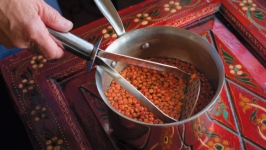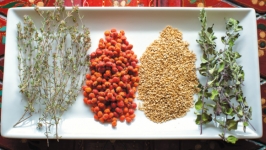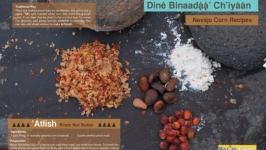'Weeds' with Benefits: Desert Plants Make Healing, Restorative Teas
“The intelligent use of healing plants can make people more self-reliant in matters of health.” —Dr. Andrew Weil
People have relied on plant medicines for relief from aches and pains, lassitude and insomnia all through the years of human existence. Simple herbal teas made from plants have been known to strengthen immune systems and fortify bodies to better resist diseases.
Ironically, some plants that we consider weeds are healthful. Dandelions are rich in vitamins A and D, as well as lecithin, calcium and potassium. As people and plants evolved together on this earth, many familiar plants became aligned to tone and strengthen various aspects of human health.
Fortunately for us, many of our most common desert plants are well suited to making healthful teas. Indigenous people valued the medicinal effects of these desert plants to such a degree that they brought offerings of pollen or tobacco in exchange for the cuttings they took.
Plants outside your door today can be brewed into delicious teas that offer many health benefits. The tricky part is identifying the proper plants. After that, it’s as simple as boiling water.
The Sonoran desert is home to many plants that have long been used as remedies. You may have a sweet acacia (Acacia farnesiana) tree in your yard, or know of a catclaw acacia (A. greggii) along your walking route. Acacia tea is deliciously soothing for a sore throat. Acacia is calming, and has a sedative effect. This is also a great tea to drink when you suffer a bout of stomach distress.
Desert lavender (Hyptis emoryi) is frequently found in washes in the low desert. The velvety leaves give off a sweet, minty aroma when pinched. Tea made from the dried leaves of this plant can be enjoyed hot or cold for different effects. Brew up a pot of strong lavender tea and pour it over ice to quell the nausea of a hangover or the stomach flu. Drink desert lavender tea piping hot for its menthol flavor and relief from chest congestion and respiratory flus.
The Mormon tea plant is aptly named and easy to recognize. Mormon tea (Ephedra fasciculata) has been historically used as a coffee substitute. The plant twigs may be simmered for a mildly stimulating and tasty tea. Mormon tea contains low levels of ephedrine, so it works to calm hay fever, mild asthma and a hacking cough. It is a sinus decongestant. If you suffer from allergies, try drinking this tea on a regular basis before the allergy season arrives, as compounds in the plant strengthen mucous membranes.
Yellow bells (Tecoma stans) is a popular landscape plant. Wild yellow bells is more potent, but even the domestic version has powers. A tea of the leaves, flowers and twigs aids in digestion and helps with gastritis. Find relief with a small cup in the morning after overindulging at a cocktail party. Yellow bells is an anti-viral, so drink the tea, alone, or with echinacea when a cold is coming on.
The cheery yellow flowers of the brittle bush (Encelia farinosa) are a familiar sight in the springtime. The dried flowers make a soothing tea for stomach pains. Dried brittle bush leaves can also be brewed to make a medicinal tea that is a slightly bitter and a little numbing. Use it if you have a tight cough that hurts in the chest. The leaf tea is a folk remedy for arthritis flare-ups in cold damp weather. Don’t drink this tea before bed as it can have caffeine-like effect in some people.
When harvesting desert plants for teas, look for plants away from busy roads, so the foliage will be clean of toxins. Clip the ends of several branches. Some teas call for leaves only; others include flowers, stems and woody parts. At home, spread the plant material on newspapers or a woven tray. They will be crispy in days. Store your dry leaves and flowers in jars with identifying labels and notes on what the plants can be used for. To make tea, pour one cup of boiling water over one teaspoon of dried plant material and allow to steep.
Plants contain powerful compounds. Use extreme caution with plant medicines for very young children, the elderly and for pregnant women. If a tea makes you feel yucky, toss it out. If you don’t get the desired effect, try a little more. Use common sense, check with your physician if you have any doubts and most of all make sure you have the right plant. Boyce Thompson Arboretum has a medicinal plant trail and offers frequent guided walks.
Having a cuppa doesn’t need to mean caffeine. Gather with friends or family and sample some of these teas for fresh flavors and gentle relief from common complaints.


